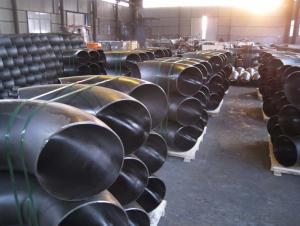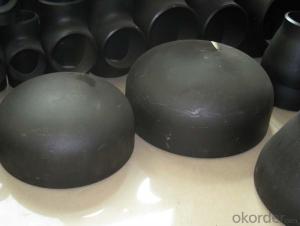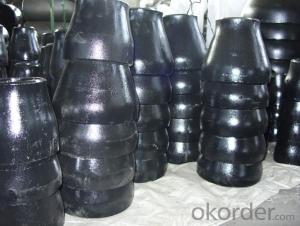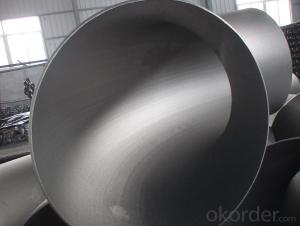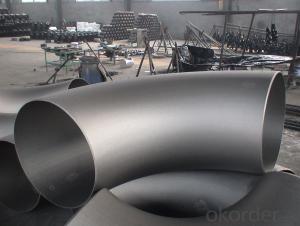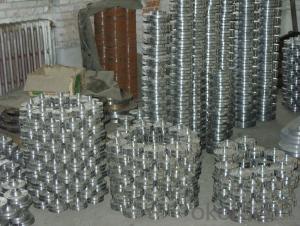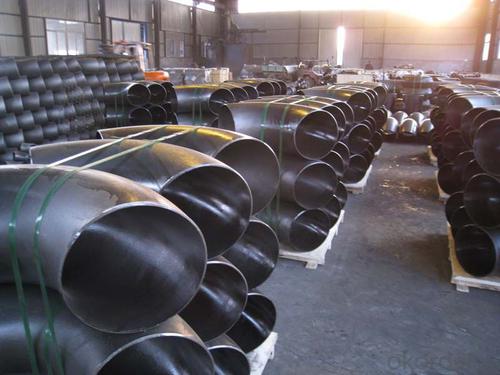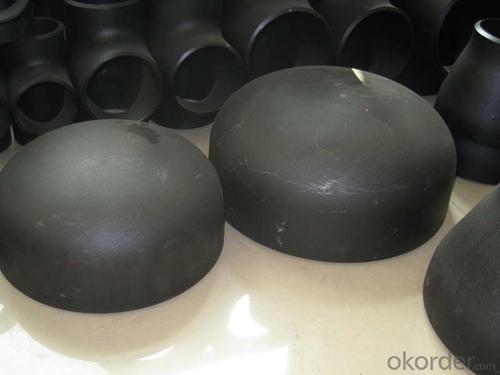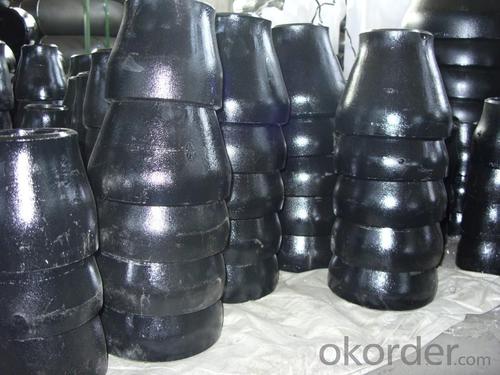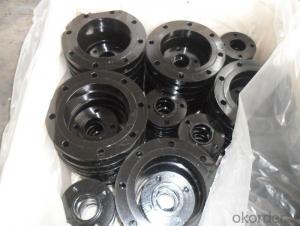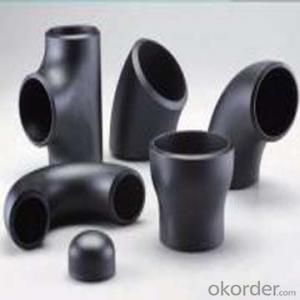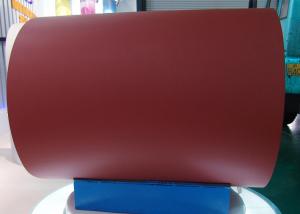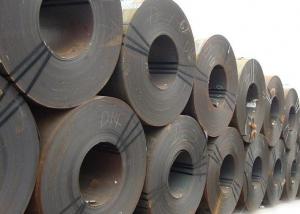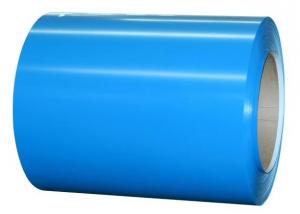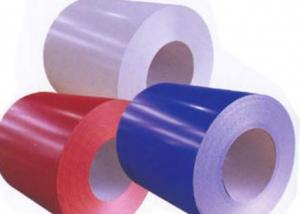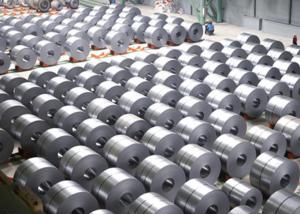Carbon Steel Pipe Fittings ASTM A234 BEND
- Loading Port:
- China Main Port
- Payment Terms:
- TT OR LC
- Min Order Qty:
- -
- Supply Capability:
- -
OKorder Service Pledge
OKorder Financial Service
You Might Also Like
Specifications
pipe fitting elbow
Certificate:ISO:9001-2000
New material,completely meet asme and din standard
Best price
1. type: AISI ASTM A234 WPB BW Con Elbow
2. Size: 1/2"-48"(1/2"-24"is seamless and 26"-48"is welded)
3. Wall thickness: sch10-160, STD, XS, XXS
4. Material: A234WPB, A420WPL6, A420WP5, WP11, WP12, WP22, etc
5. Welding line: seamless
6. Angle of bend: 30, 45, 90, 180degree
7. Bending radius: SR, LR
8. Standard: ANSI B16.9, JIS, SB, DIN, GB
9. Surface treatment: black paint, vanis paint, black rust-proof oil,
transparent oil, hot galvanizing
10. Application: petroleum, electricity, chemical, natural gas, metallurgy,construction,
shipbuilding and other fields because of its high pressure, high temperature, etc
11. connection: welding
12. technics:forged
13.Certificate:ISO9001 - 2000, CE, SGS, etc.
14. packaging: wooden case, pallet, container or in accordance with the
requirement of customers
15. Principle: quality fist, customer first, credit first
16. payment: L/C T/T
17. delivery time: 7-25 days after payments
18. Notes: the bevel can be made in accordance with the special requirements
of the customers
19. Others: we can also produce the products according to the requirements
of the customers
The main production:
1. PIPE FITTINGS: elbows, tees, bends, reducers, cap, flanges and sockets etc.
2. PIPE: bult welded pipes, seamless pipes, threaded pipes, etc.
We sincerely welcom customers at home and abroad to visit us and seek common development.
- Q: How are steel forgings used in heavy machinery and equipment?
- Steel forgings are used in heavy machinery and equipment primarily for their superior strength, durability, and reliability. These forgings, made by shaping and compressing the steel under extreme heat and pressure, provide the necessary structural integrity to handle high loads and withstand harsh operating conditions. They are commonly used in components such as gears, shafts, crankshafts, and connecting rods, ensuring optimal performance and longevity of heavy machinery and equipment.
- Q: How is steel used in the construction of stadiums and arenas?
- Steel is commonly used in the construction of stadiums and arenas due to its strength and durability. It is used to create the framework and support structures, such as beams, columns, and trusses, that can withstand heavy loads and provide stability. Steel is also used in the construction of roofs, façades, and seating structures, as it allows for large open spaces, flexibility in design, and efficient construction. Overall, steel plays a critical role in ensuring the safety, strength, and longevity of stadiums and arenas.
- Q: What are the uses of steel wire mesh in agriculture?
- Steel wire mesh is commonly used in agriculture for various purposes. It is used as fencing material to create boundaries and protect crops from animals or pests. Steel wire mesh is also used as trellises or support structures for climbing plants, such as tomatoes or beans. Additionally, it can be used to create cages or enclosures for livestock or poultry, providing them with a safe and secure environment. The durability and strength of steel wire mesh make it an ideal material for these applications in agriculture.
- Q: What are the properties of galvanized steel?
- Galvanized steel is a type of steel that has been coated with a layer of zinc to protect it from corrosion. Its main properties include excellent durability, resistance to rust and corrosion, high strength and toughness, and a shiny appearance. Additionally, galvanized steel is cost-effective, easy to work with, and has a long lifespan, making it a popular choice in various industries, such as construction, automotive, and manufacturing.
- Q: How is steel used in the construction of railway stations?
- Steel is used in the construction of railway stations for various purposes such as structural frameworks, beams, columns, and platforms. It provides strength, durability, and flexibility, making it ideal for supporting heavy loads and withstanding harsh weather conditions. Steel is also used in the fabrication of tracks, platforms, and other infrastructure components, ensuring the safety and efficiency of railway operations.
- Q: What are the different types of steel brackets and their uses?
- There are several types of steel brackets with varying designs and uses. Some common types include L brackets, corner brackets, T brackets, and U brackets. L brackets are used for providing support and stability in various applications such as shelving, furniture, and construction projects. Corner brackets are specifically designed to reinforce corners and joints, often used in furniture construction or framing. T brackets are used to join two pieces of material at a right angle, commonly found in building frames or brackets for shelves. U brackets, also known as channel brackets, are used to secure or hold objects in place, often seen in electrical or plumbing installations. Overall, steel brackets provide structural support and reinforcement in a wide range of applications.
- Q: How are steel products used in the manufacturing of electrical equipment?
- Steel products are commonly used in the manufacturing of electrical equipment for various purposes. They are used to create sturdy and reliable enclosures or casings, providing protection for sensitive components inside the equipment. Steel is also used to manufacture structural components, such as brackets and frames, which provide support and stability to the electrical equipment. Additionally, steel is often utilized in manufacturing electrical connectors, terminals, and conductive parts due to its high conductivity and durability. Overall, steel products play a crucial role in enhancing the performance, durability, and safety of electrical equipment.
- Q: What are the safety considerations when working with steel products?
- Some safety considerations when working with steel products include wearing appropriate personal protective equipment (PPE) such as gloves, safety glasses, and steel-toed boots to prevent injuries from cuts, sparks, and falling objects. It is also important to use the correct tools and equipment for the task at hand, as well as ensuring that they are in good working condition. Adequate training and knowledge of proper handling techniques, such as lifting techniques and using mechanical aids, can help prevent strain and musculoskeletal injuries. Additionally, proper ventilation and respiratory protection may be necessary when working with steel products that produce fumes or dust. Regular maintenance and inspection of equipment and work areas can help identify and address potential hazards, ensuring a safe working environment.
- Q: What are the different grades of steel and their applications?
- There are several grades of steel, each with its own unique properties and applications. Some common grades include mild steel, which is a versatile and widely used grade for general construction and fabrication purposes; stainless steel, known for its corrosion resistance and used in kitchen appliances, medical equipment, and chemical processing; high carbon steel, used for making cutting tools and machinery parts that require high strength; and alloy steel, which contains various elements to enhance its strength, durability, and heat resistance, commonly used in automotive and aerospace industries. These are just a few examples, and there are many more grades of steel available, each tailored for specific applications based on their composition and properties.
- Q: What are the different types of steel sheets and their uses in the automotive industry?
- There are various types of steel sheets used in the automotive industry, including cold-rolled, hot-rolled, galvanized, and advanced high-strength steel (AHSS). Cold-rolled steel sheets are often used for body panels and other visible parts due to their smooth surface finish and high dimensional accuracy. Hot-rolled steel sheets are commonly used for structural components, such as chassis and frames, as they offer excellent strength and durability. Galvanized steel sheets, which are coated with a layer of zinc, provide corrosion resistance and are commonly used for underbody parts and other areas exposed to harsh conditions. Advanced high-strength steel sheets are specifically designed for enhanced strength and reduced weight. They are used in critical safety components, such as door beams and crash structures, to improve occupant protection while maintaining fuel efficiency.
Send your message to us
Carbon Steel Pipe Fittings ASTM A234 BEND
- Loading Port:
- China Main Port
- Payment Terms:
- TT OR LC
- Min Order Qty:
- -
- Supply Capability:
- -
OKorder Service Pledge
OKorder Financial Service
Similar products
Hot products
Hot Searches
Related keywords
